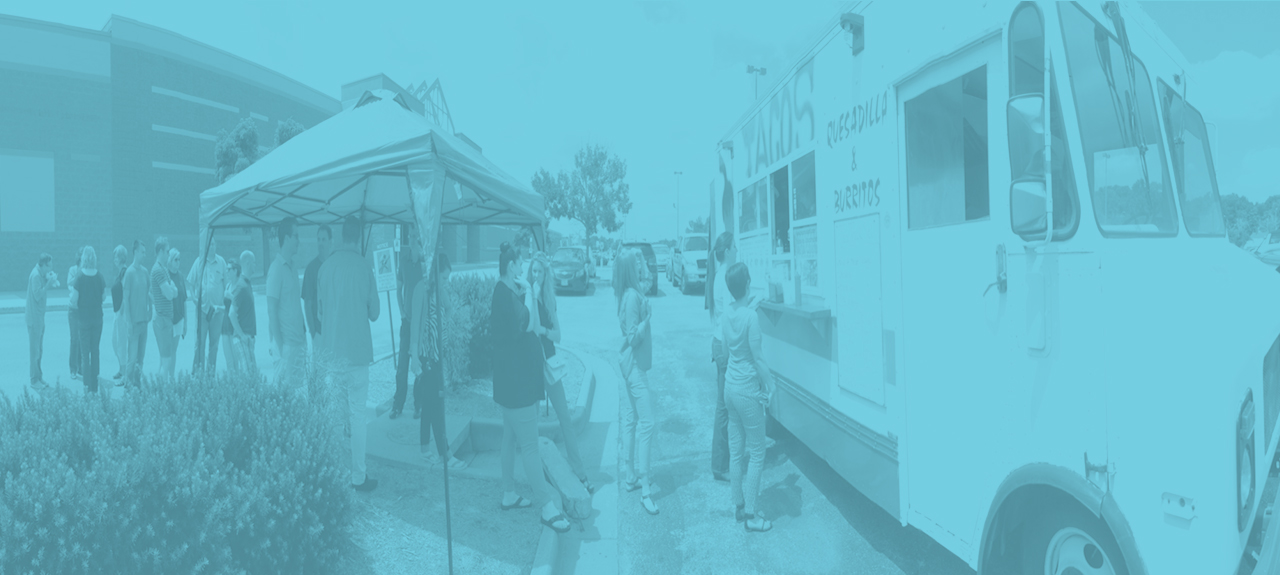When the first food trucks emerged in 2008, the economy was tanking, cities were struggling and both chefs and diners were eager for a creative change. For those restaurateurs looking to make a mark during the economic downturn, food trucks gave them a platform to get their food out into the world at a far lower investment than opening a physical restaurant. And, they could provide gourmet meals at a lower cost to the customer. The risks were fewer, and the draw of mobility along with the ability to respond to market demand in a way that restaurants just simply couldn’t fueled the food truck trend.
The current food truck phenomenon, as we understand it, is generally thought to have started with Kogi BBQ truck in Los Angeles. I should mention what I mean by the “food truck phenomenon,” as food trucks have been around for over a century. The current trend has the following attributes:
- Fusion of cooking styles and genres – taking ‘gourmet’ restaurant ingredients and fusing them with traditional ingredients to give you something spectacular.
- Serving the yummy goods from a truck, of course.
- Using social media as a means for marketing – Twitter plays a large role, if overblown at times, in driving these new-age food trucks into the popular culture.
Let’s look at a favorite of those here at Switch – St. Louis food truck Cha Cha Chow. Cha Cha Chow was voted best food truck in St. Louis by the Riverfront Times in 2013 and also one of America’s best food trucks by The Daily Meal in New York City. Their Twitter handle says it all – “@whereschacha.” They use Twitter to simply state where they’re setting up shop for the day and where you need to be to get their tasty food in your hands. Having your location information out there for the public to see along with a talented chef that can produce great food at a fast pace are key ingredients to success in the food truck world.
Some trucks simply want to stay in the food truck arena; others are mobile offshoots of local institutions. And, others still have hopes of creating their own bricks and mortar restaurants.
By relying on Twitter and other social media channels to aid with logistics and marketing, many food trucks have created a cult following. The fact that the trucks are not always there when you want them, unless you know right where they are located and are able to catch them at the right time, spurs social conversation and demand around their appearances and menu items. They have combined food with technology and created a demand for a street food culture. People are eager to learn and spread the word. And, if they are the first ones to tweet it out to their friends, they are in the know and instantly become trendsetters.
The cultural impact of food trucks continues to grow and is ever changing. Here at Switch, we’ve joined in on the fun. If you visit our offices on a Tuesday at lunchtime, you’re welcome to take part in “What the Truck Tuesdays” and enjoy offerings from a different truck every week.
Whether you join in on the phenomenon through digital conversation, social media or jumping in line, the food truck experience is exciting and gives each person the chance to try new cuisines and share the word!
To learn more about how Switch activates the food truck phenomenon, please contact April Mertens at aprilm@theswitch.us.














